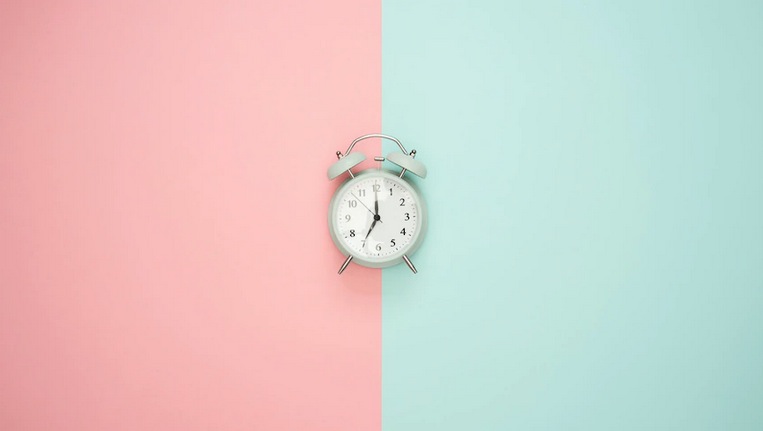Source: ABCnews
Days in Australia are getting longer and warmer as summer approaches, and the time has come for parts of the country to spring forward and take advantage of daylight saving time.
Sunday will be an hour shorter in New South Wales, Victoria, Tasmania, South Australia and the Australian Capital Territory but, in exchange, residents there will get later sunsets and more daylight in the afternoons throughout summer.
When is daylight saving? Do we put our clocks forward or backwards?
SA, Tasmania, Victoria, NSW and the ACT all change to daylight saving time at 2:00am on the first Sunday of October, which this year is October 3.
At that point, clocks will jump forward an hour to 3:00am. So, while you’ll lose an hour at night, the result will be daylight lingers in the evening for an extra hour during the warmer months.
If you have a phone — or pretty much any gadget that connects to the internet — you won’t need to worry about the change, it’ll happen automatically.
However, remember to check your microwave or oven, plus any analogue or wall clocks that may need manual adjustment.
Queensland, WA and the NT don’t observe daylight saving.
When will daylight saving end?
Daylight saving will remain in place until after summer, when the affected states (and territory) will jump back to standard time.
The change will take place on on the first Sunday of April, or April 3, 2022.
At that point, clocks will go backwards by one hour (and you’ll get a Sunday sleep-in), also bringing forward darkness for the rest of the year.
What’s the point of daylight saving?
During the summer months, daylight hours get longer and, in Australia, this effect is more pronounced the further south you go.
Daylight saving was first introduced in some parts of the world during World War I to save fuel.
The idea was that, with more daylight at the back end of the day, people would use less electricity.
However, these days, research has found that any impact on energy consumption is negligible.
It’s also feted as a way for people to enjoy the afternoon sunshine in warmer months.
Daylight saving also has its critics, particularly some farming communities, who rely on morning light that gets shifted to the evening during daylight saving months.


